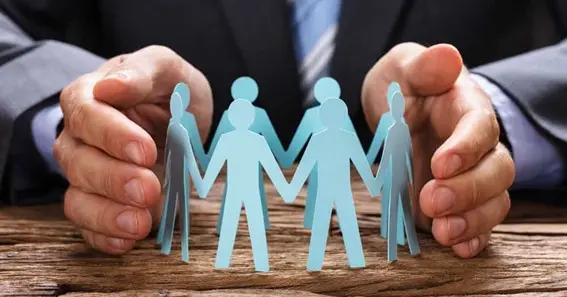What is safeguarding adults? Safeguarding adults, also known as protecting vulnerable adults, is really important for keeping them safe and well in our communities. It involves different ways to stop abuse, neglect, and harm happening to adults who might be at risk because of their age, disability, illness, or other reasons.
What Is Safeguarding Adults?
Safeguarding adults is a vital concept that helps protect vulnerable individuals from harm, abuse, or neglect. It’s about ensuring that everyone can live safely, free from abuse and neglect, and with the freedom to make their own choices. Whether you’re a caregiver, family member, or simply someone wanting to understand more, this guide will explain what safeguarding adults means and why it’s so important.
Also Read N: What Time Is Melbourne Cup in QLD: A Guide to Australia’s Biggest Horse Race
Why Is Safeguarding Adults Important?
What is safeguarding adults? It’s all about making sure adults can live independently and safely while being protected from harm. This includes physical, emotional, financial, and sexual abuse, as well as neglect and exploitation. It’s about making sure adults live without fear of being hurt or mistreated.
Also Read P: George Royeca: A Maverick In Philippine Show Business
Key Principles Of Safeguarding Adults:

- Empowerment: Adults should be able to make their own choices and get support to do so.
- Prevention: It’s important to act before any harm can happen, if possible.
- Proportionality: Any actions taken should match the risk faced.
- Protection: Adults who need it most should get support and help.
- Partnership: Everyone – like social services, healthcare workers, police, and community groups – needs to work together to prevent and respond to abuse.
Who Is Responsible For Safeguarding Adults?

Safeguarding adults, or protecting vulnerable adults, is everyone’s job. Families, individuals, communities, and different agencies like social services and healthcare providers all play a part. They help spot risks, support those at risk, and take action to prevent harm.
Signs Of Abuse Or Neglect:
It’s really important to recognize signs of abuse or neglect early so people can get help:
- Physical Abuse: Unexplained injuries or marks, or signs someone is being physically controlled.
- Emotional Abuse: Changes in behavior, withdrawal, or seeming scared.
- Financial Abuse: Strange withdrawals, sudden money problems, or changes in finances.
- Neglect: Not taking care of themselves properly, like bad hygiene or not getting enough care.
How Can You Help Protect Adults?
If you think an adult is being hurt or neglected, it’s crucial to speak up. What is safeguarding adults? You can contact social services, healthcare workers, or the police. Acting quickly can make a big difference, ensuring adults get the help and protection they need.
Conclusion
Understanding what is safeguarding adults important. It’s about respecting people’s rights, keeping them safe from harm, and making sure they’re well. By knowing the signs of abuse and taking action, we can make sure adults live safely and with dignity.
FAQ
What Is Safeguarding Adults All About?
Safeguarding adults involves protecting vulnerable individuals from abuse, neglect, and harm, ensuring they can live safely and independently.
Who Is Considered A Vulnerable Adult?
Vulnerable adults can include elderly individuals, people with disabilities, those with mental health issues, and anyone who may be at risk of harm due to their circumstances.
What Are The Signs Of Adult Abuse Or Neglect?
Signs may include unexplained injuries, changes in behaviour, withdrawal, financial problems, poor hygiene, or signs of physical restraint.
Who Is Responsible For Safeguarding Adults?
Safeguarding adults is a shared responsibility involving families, communities, healthcare providers, social services, police, and advocacy groups.
How Can I Report Suspected Adult Abuse Or Neglect?
If you suspect that an adult is being abused or neglected, you should contact your local social services, healthcare professionals, or the police to report your concerns promptly.










